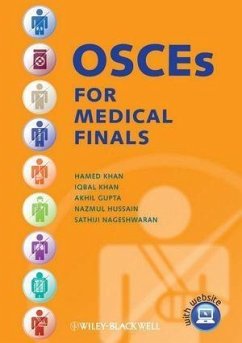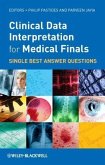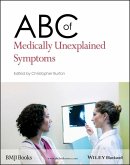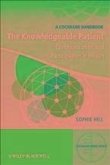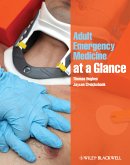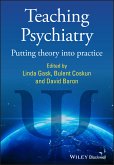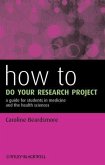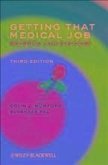OSCEs for Medical Finals has been written by doctors from a variety of specialties with extensive experience of medical education and of organising and examining OSCEs. The book and website package consists of the most common OSCE scenarios encountered in medical finals, together with checklists, similar to OSCE mark schemes, that cover all of the key learning points students need to succeed. Each topic checklist contains comprehensive exam-focussed advice on how to maximise performance together with a range of 'insider's tips' on OSCE strategy and common OSCE pitfalls. Designed to provide enough coverage for those students who want to gain as many marks as possible in their OSCEs, and not just a book which will ensure students 'scrape a pass', the book is fully supported by a companion website at href="http://www.wiley.com/go/khan/osces">www.wiley.com/go/khan/osces, containing: * OSCE checklists from the book * A survey of doctors and students of which OSCEs have a high chance of appearing in finals in each UK medical school
Dieser Download kann aus rechtlichen Gründen nur mit Rechnungsadresse in A, B, BG, CY, CZ, D, DK, EW, E, FIN, F, GR, HR, H, IRL, I, LT, L, LR, M, NL, PL, P, R, S, SLO, SK ausgeliefert werden.

